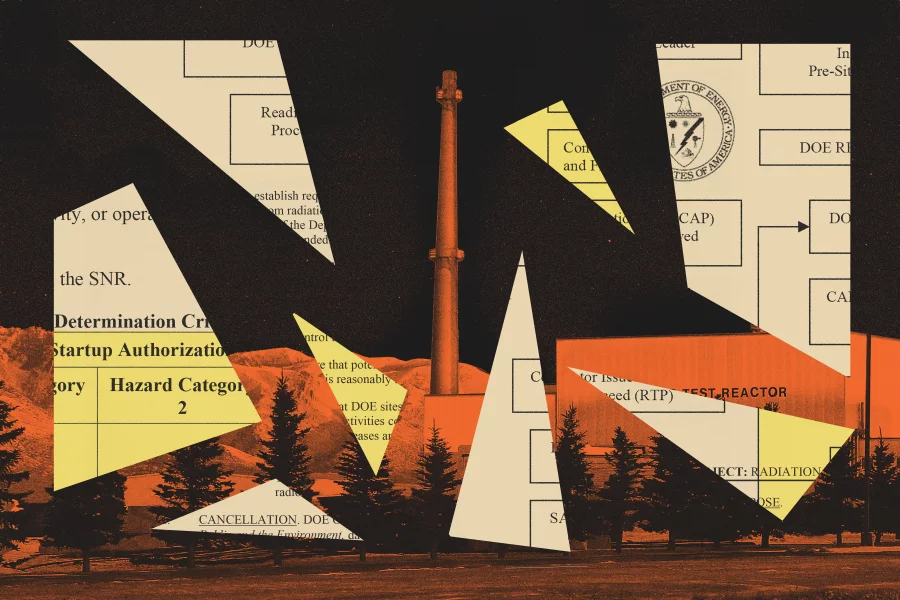
The nuclear crisis in Japan has laid bare an ever-growing problem for the United States - the enormous amounts of still-hot radioactive waste accumulating at commercial nuclear reactors in more than 30 states.
The U.S. has 71,862 tons of the waste, according to state-by-state numbers obtained by The Associated Press. But the nation has no place to permanently store the material, which stays dangerous for tens of thousands of years.
Plans to store nuclear waste at Nevada's Yucca Mountain have been abandoned, but even if a facility had been built there, America already has more waste than it could have handled.
Three-quarters of the waste sits in water-filled cooling pools like those at the Fukushima Dai-ichi nuclear complex in Japan, outside the thick concrete-and-steel barriers meant to guard against a radioactive release from a nuclear reactor.
Spent fuel at Dai-ichi overheated, possibly melting fuel-rod casings and spewing radiation into the air, after Japan's tsunami knocked out power to cooling systems at the plant.
The rest of the spent fuel from commercial U.S. reactors has been put into dry cask storage, but regulators only envision those as a solution for about a century and the waste would eventually have to be deposited into a Yucca-like facility.





 A North Dakota judge has said he will order Greenpeace to pay damages expected to total...
A North Dakota judge has said he will order Greenpeace to pay damages expected to total... Donald Trump has vented his fury against a green energy deal between the British government and...
Donald Trump has vented his fury against a green energy deal between the British government and... The Trump administration has overhauled a set of nuclear safety directives and shared them with the...
The Trump administration has overhauled a set of nuclear safety directives and shared them with the...






























